Requires Prescription: Yes
Generics: Esomeprazole
Used For: Acidity & Ulcers
How It Works: Esomeprazole inhibits gastric acid secretion by irreversibly binding to the H+/K+ ATPase enzyme in the proton pump. This enzyme is crucial for hydrochloric acid secretion by the parietal cells in the stomach. By inhibiting this pump, esomeprazole effectively reduces the amount of hydrochloric acid in the stomach and alters gastric pH.
Usage and Safety:
Dosage: Esomeprazole (as prescribed by your healthcare provider).
Side Effects:
Common: Headache, gastrointestinal upset, skin reactions, dry mouth.
Rare: Angioedema, anaphylaxis, fundic gland polyps.
Drug Interactions: May interact with phenytoin, warfarin, clopidogrel, ketoconazole, itraconazole, voriconazole, diazepam, citalopram, imipramine, clomipramine, CYP3A4 inhibitors or inducers, tacrolimus, digoxin, erlotinib, methotrexate.
Indication
Treatment of heartburn
Gastroesophageal reflux disease (GERD)
Gastritis
Ulcers
When Not to Use:
Contraindicated in patients with known hypersensitivity to proton pump inhibitors (PPIs).
Hypersensitivity reactions such as angioedema, anaphylaxis, bronchospasm, acute interstitial nephritis, and urticaria have been reported with esomeprazole.
Precautions:
Long-term use (e.g., more than 3 years) may lead to malabsorption or deficiency of cyanocobalamin (vitamin B12).
Warnings:
Rare cases of hypomagnesemia have been reported with prolonged PPI therapy.
Long-term and multiple daily doses of PPIs may increase the risk of osteoporosis-related fractures of the hip, wrist, or spine.
Avoid concurrent use of esomeprazole with clopidogrel due to potential drug interactions.
Additional Information:
Pregnancy Category: Always consult your physician before using any medicine.
Storage: Store at room temperature, away from direct light and heat.


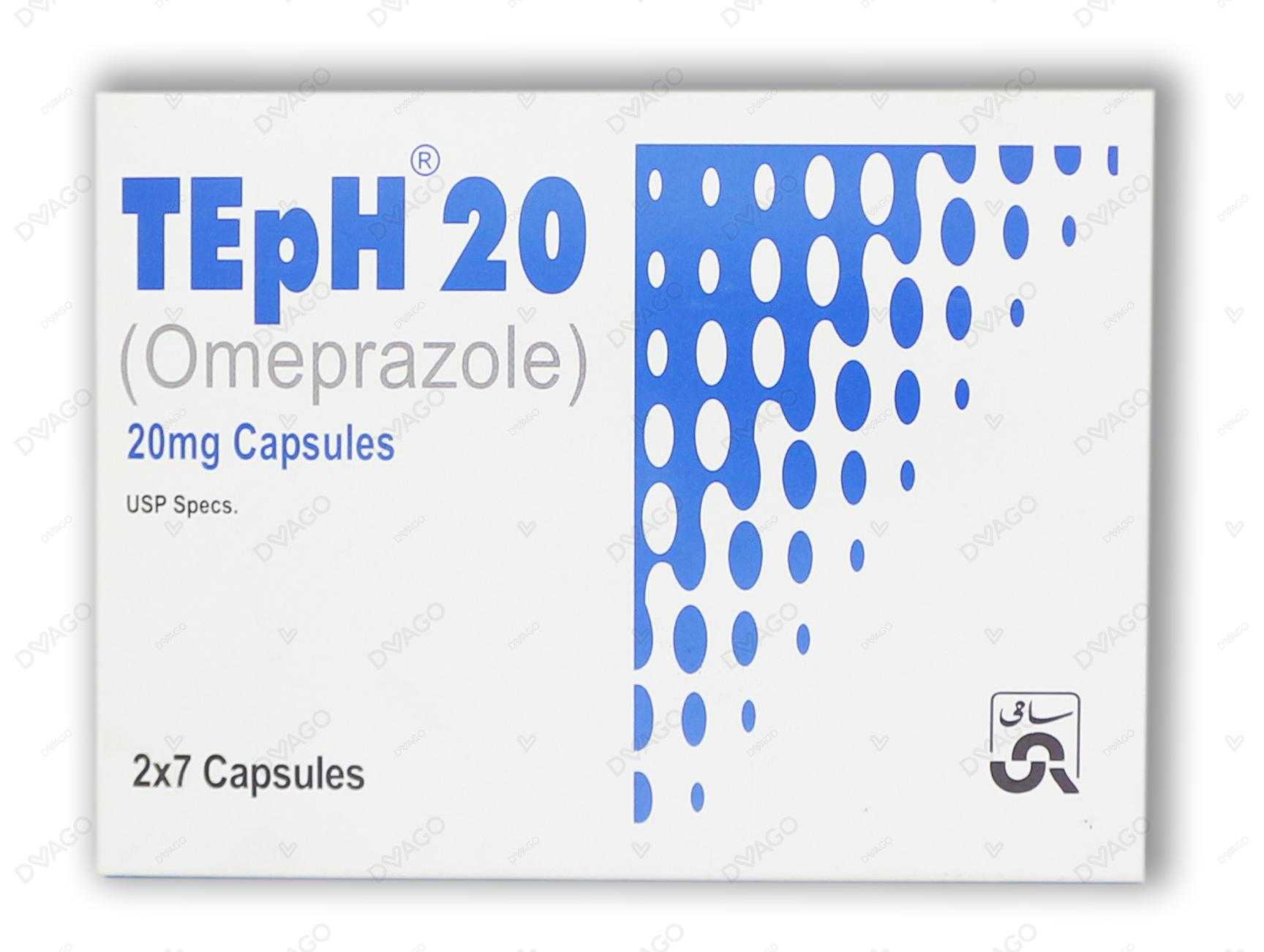





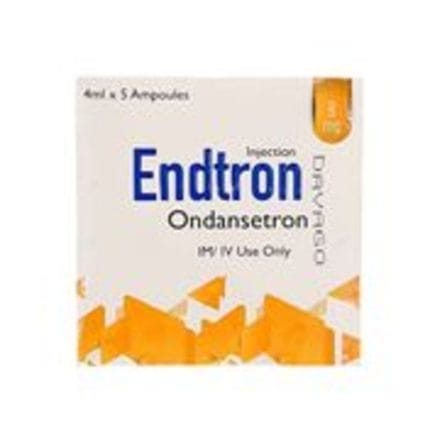
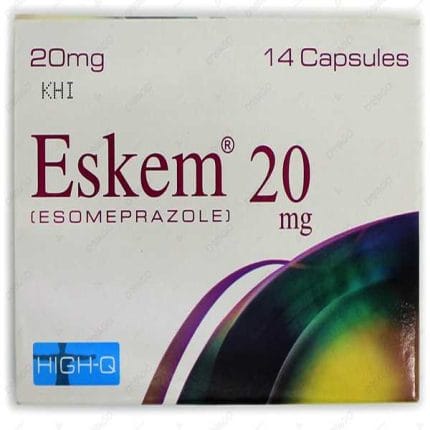
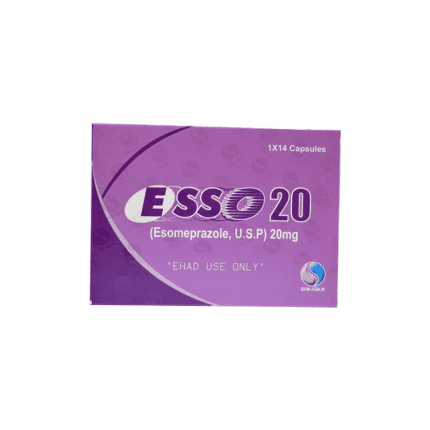

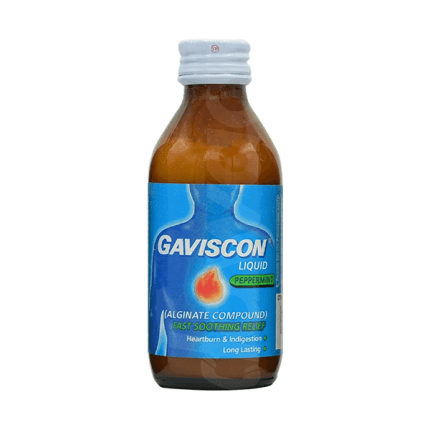
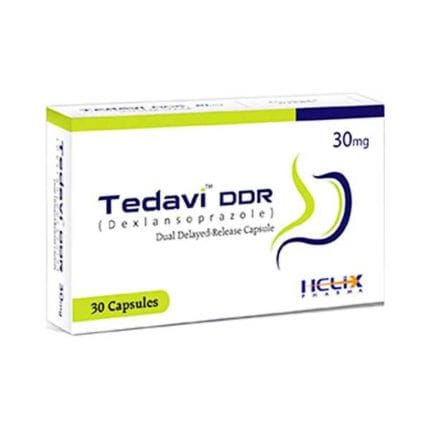









Reviews
There are no reviews yet.